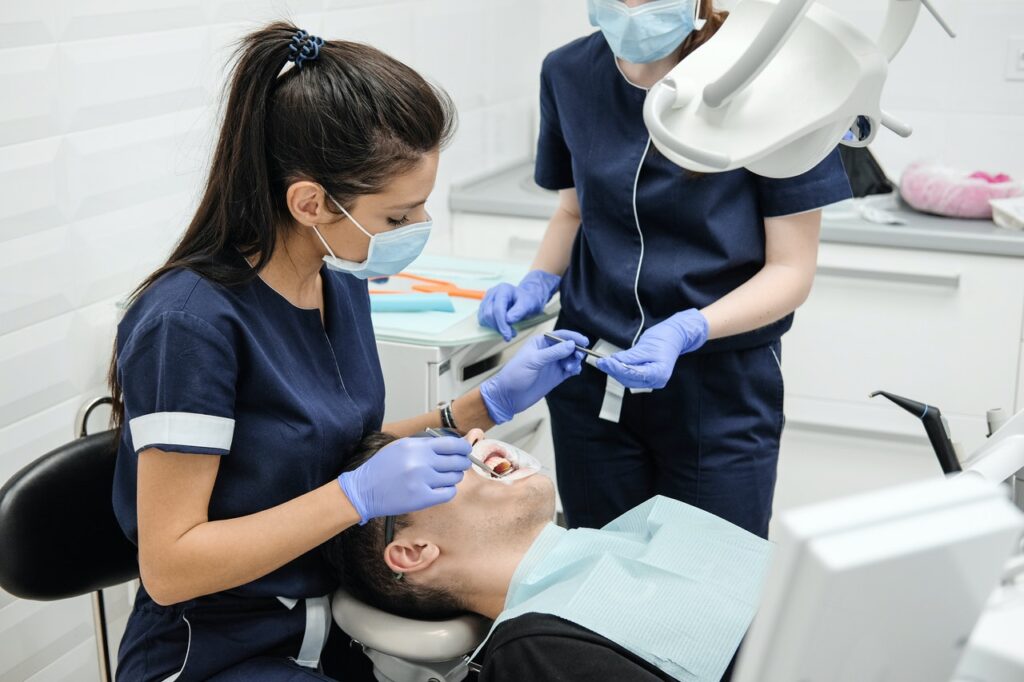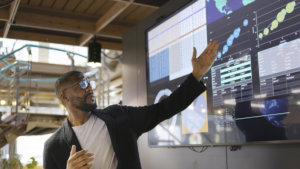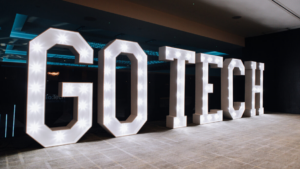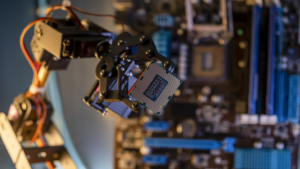Brits prefer the dentist chair over back-to-back work meetings

New research has revealed the real feelings of Britons when faced with a stark choice – either attend back-to-back working meetings or get comfy in the dentist’s chair. A wide majority, 61%, said they would pick a date with the dentist instead of having to attend consecutive work meetings (either virtual or in-person).
The survey was commissioned by Otter.ai, an AI-powered live transcription and collaboration app and conducted by 3Gem, with a nationally representative sample of 2,000 employed adults in the UK.
Yet there was a clear divide amongst some of the UK’s major cities. Sunderland’s workers (at 83%) were most likely in the UK to opt for having some dentistry done, followed closely by Coventry and Walsall (80% each). By contrast, workers in Derby (62%) favoured back-to-back meetings, instead of having their pearly whites inspected by the dentist.
The reason why the majority of Brits would rather have a brush with the dentist could be down to the impact back-to-back work meetings have. Workers admitted that two meetings in a row were most likely to make them feel low on energy, with over a third (37%) experiencing this sensation, followed by a sense of stress (31%) and distraction (18%).
“You’re on… mute”
The research also uncovered that over a third of Brits (38%) think they have an “off-day” at work at least once a week, due to feeling distracted.
UK influencer Zoë Aston, psychotherapist and author of ‘Your Mental Health Workout: A 5 Week Programme to a Healthier, Happier Mind’ gave her thoughts on the findings: “During our unexpected shift to remote work, companies have tried to create the same office community with back-to-back meetings.
“But before the pandemic, we had coworkers around us to boost our energy, confidence and creativity. We eventually had to adapt to a new life of remote work, and now our environment is shifting again with hybrid work schedules. Change is healthy but can be overwhelming and draining. Sitting on one video call after another often depletes your energy.
“Our energy goes into our reactions and we’re feeling a lot these days – fear, anxiety and even excitement of the unknown,” Zoë explains.
“I’m a firm believer that burnout at work is often driven by our sense of identity and how ‘good’ or ‘not good’ enough we feel about ourselves and what we are doing. Actively working on your self-esteem can support you in understanding what your workplace needs are and how to get them met.
“For example, when your energy is low and you feel that participating in a meeting will be difficult, give yourself permission to contribute in other ways, such as adding your ideas to written meeting notes. In the future, I hope to see companies embrace digital tools to help accommodate everyone’s mental health in the same way we do physical health.”
Sam Liang, co-founder & CEO of Otter.ai commented, “The fact that Brits choose the dentist over back-to-back meetings clearly shows that meetings need to be adapted to suit our new working environment, whether that is fundamentally changing their structure or empowering employees with productivity and collaboration tools that help with real-time meeting notes.
“Meetings can be productive and helpful but they should meet employees where they’re at. Employees now demand a flexible, collaborative and hybrid work set-up that meets the new work-life balance and changing attitudes created by working from home for such a long period.”



